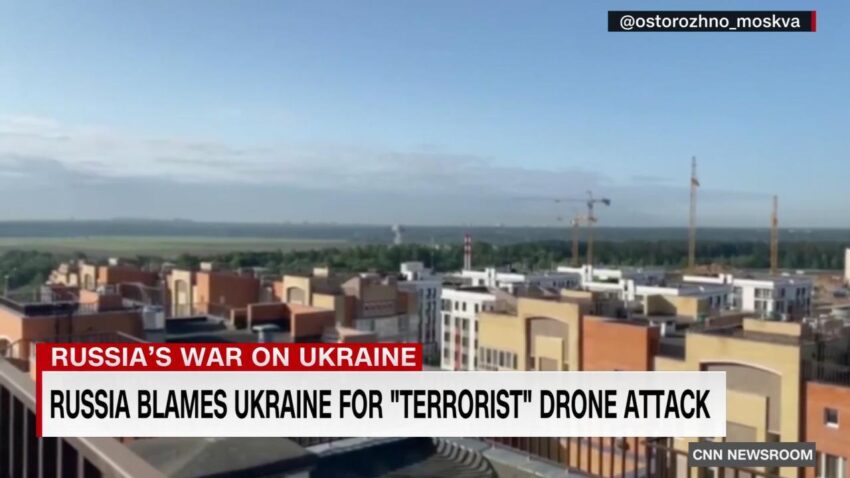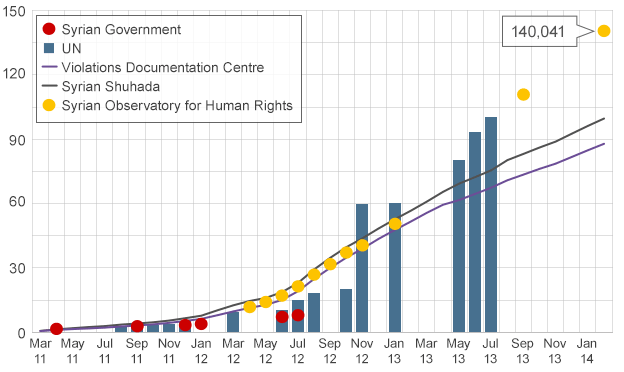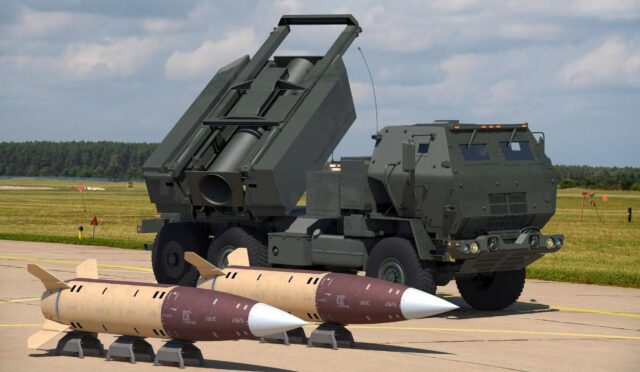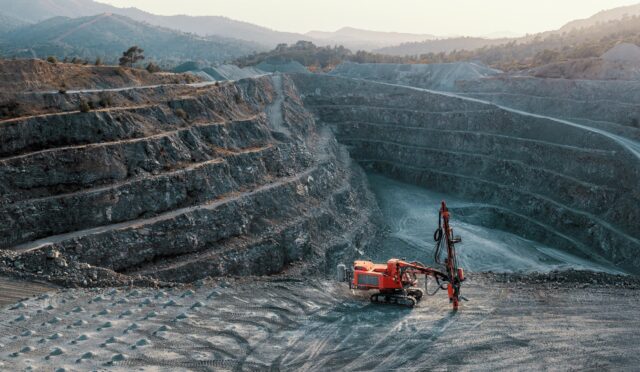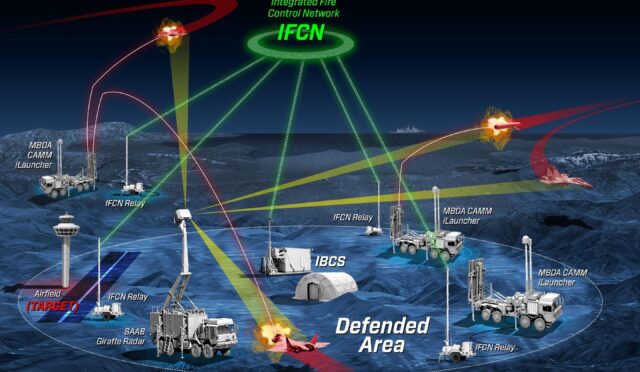Escalation of Drone Strikes Amid Ceasefire Announcement
In a night of sustained conflict, Russia and Ukraine exchanged numerous drone strikes, leading to casualties in Kyiv. The attacks resulted in at least two fatalities and prompted the closure of major Moscow airports. This escalation comes just hours before several foreign leaders were set to arrive in Russia for a significant military parade.
The Kremlin declared a three-day unilateral ceasefire to take effect at 2100 GMT on Wednesday, coinciding with the May 9 celebrations, honoring the defeat of Nazi Germany during World War II. Among those invited to Moscow are prominent leaders, including Xi Jinping of China and Brazil’s Luiz Inacio Lula da Silva. This is regarded as one of Russia’s most important public holidays under President Vladimir Putin.
However, Ukraine has dismissed Putin’s ceasefire as a mere tactic aimed at protecting his parade rather than a sincere peace effort. President Volodymyr Zelensky labeled the initiative a ‘manipulation,’ calling for a genuine 30-day ceasefire to be enforced unconditionally. This alternative proposal, previously rejected by Putin, has garnered support from US President Donald Trump.
Ukraine Responds with Intensified Attacks
Hours before the ceasefire was to commence, Russia launched an extensive series of drone attacks on Ukrainian territories. President Zelensky reported that 142 drones and four ballistic missiles were deployed against Ukraine overnight, resulting in civilian casualties.
Among the attacks was a striking incident in Kyiv, where debris from a drone ignited a fire in an apartment building, leading to the reported deaths of a woman and her son. Witnesses in the capital heard loud explosions shortly after midnight, with emergency services later setting up aid tents near the damaged site.
Chaos in Air Travel Due to Drone Strikes
Efforts by Ukraine to strike back at Russia with drone attacks caused significant disruption to air travel. Major airports in western regions of Russia were closed for hours, severely affecting both arrivals and departures. Sheremetyevo International Airport in Moscow suspended operations overnight to ensure the safety of civil aviation.
Federal Aviation Transport Agency spokesperson Artyom Korenyako confirmed that these measures were taken as part of the air traffic control response. Following the nighttime restrictions, Moscow has increased the extent and frequency of airport closures, particularly with the military parade approaching.
Russia Claims Successful Defense Against Drone Attacks
The Russian defense ministry announced successful operations against Ukrainian drones, claiming to have downed numerous aircraft targeting Moscow and other areas. However, Ukraine reported an effective strike on a fiber-optic facility in Saransk, leading to a state of emergency being declared by local officials.
Although officials in Saransk did not confirm damage to the industrial site, various unverified social media reports showed smoke rising from the location post-attack. The presence of police was also noticeably increased in the streets of Moscow, along with interruptions to mobile internet service.
Ukraine’s Counterattacks as a Retaliation Strategy
Since Russia’s full-scale invasion commenced in February 2022, Ukraine has targeted Russian cities and infrastructure as part of its military strategy. Kyiv views these actions as justifiable retaliation against the relentless missile and drone strikes that have devastated its own cities.
The ongoing conflict has resulted in tens of thousands of deaths, with key regions in southern and eastern Ukraine suffering significant destruction. Currently, Russian forces control about 20 percent of Ukraine, including Crimea, which was annexed in 2014, intensifying the stakes for both nations.
International Reactions and Diplomatic Challenges
The situation further deteriorated following several deadly Russian missile strikes on civilian areas in April, prompting strong reactions from Kyiv and international leaders. President Trump’s rare criticism of Putin indicates growing frustration over the conflict.
Ukraine has made it clear that it cannot guarantee the safety of foreign leaders who are expected to attend the Moscow parade, thus implicitly rebuffing Putin’s ceasefire proposal. This continuing cycle of violence and rhetoric underscores the complexity of achieving lasting peace.
